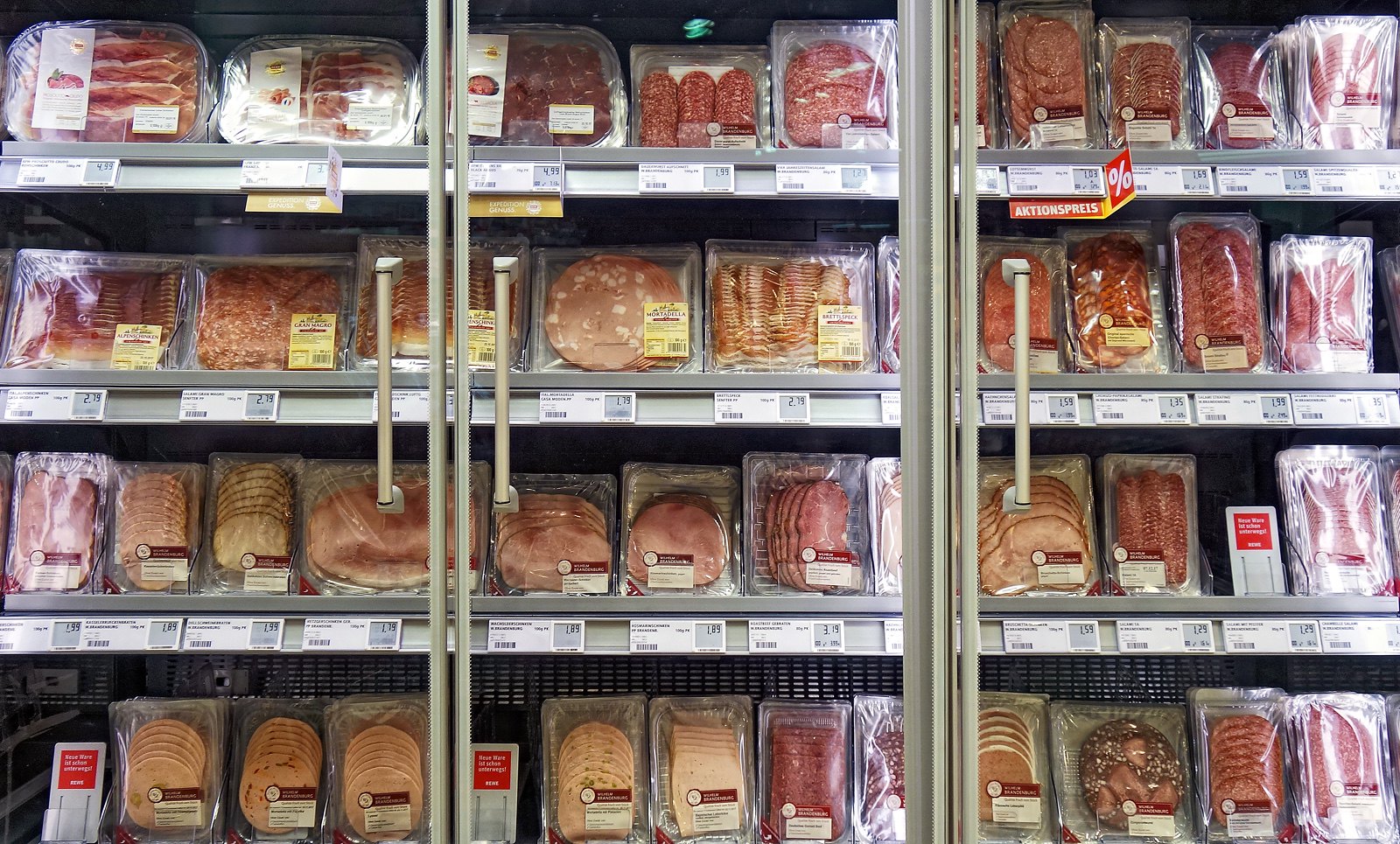Meatless “meat” is on the rise, and ranchers aren’t happy about it. People are increasingly turning to vegetarian and vegan substitutes for real meat, citing ethical and environmental concerns. These alternatives to animal products have surpassed expectations in taste tests, and they are becoming a staple fixture of supermarket aisles. They increasingly find their way onto restaurant menus too: this April, Impossible Foods teamed up with Burger King and Red Robin to bring their “Impossible Burger” – a hamburger patty made only from plant-based ingredients – to restaurants across the country. Consumers and employees alike haven’t been able to tell the difference between the plant-based and traditional burgers. Products derived from cell culture are also close to fruition, though are not yet commercially available. However, legislation preventing the sale of these meat alternatives as “meat” threatens to stifle competition for the sake of protecting cattle ranchers.
Beef industry lobbyists have pushed for meat-labeling bills in several states that would outlaw the use of the word “meat” in the sale of cell culture and vegetable-based meat substitute products. One proposal in Washington state seeks to outlaw the sale of all meat products derived from cell lines and ban state-funded “meat” research. While some lawmakers have raised valid concerns over the safety of lab-grown meat, the U.S. Department of Agriculture (USDA) and the Food and Drug Administration (FDA) recently announced a program to ensure joint oversight of cell culture meat production.
These new regulatory measures call into question the validity of arguments in favor of prohibitive meat alternative bans. The FDA and USDA are both determined to ensure the safety of these new food products. The heavy Federal supervision of cell-culture meat production has legitimized the emergent “meat” industry as a competitor to cattle ranchers nationally.
Numerous anti-“meat” bills have claimed that that using “meat” to describe plant-based products would be misleading and confusing to consumers. These bills have been signed into law in Missouri, South Dakota, and North Dakota; others have been proposed in Nebraska, Wyoming, and Tennessee. One was voted down in Virginia, where the National Grocers Association and Grocery Manufacturers Association wrote in defense of the rapidly expanding sector. Groups such as the ACLU have challenged the recently passed legislation in Missouri, and the Good Food Institute is establishing a base of lobbyists to defend both cell-culture and plant-based meat products in key states. These advocacy groups argue that measures restricting the use of the term “meat” could raise First Amendment concerns and stand in the way of competition in the marketplace.
This controversy closely mirrors a battle lost by the dairy industry, a market outcome which perhaps serves as a cautionary tale for cattle ranchers. Plant-based milk products, such as soy and almond milk, have enjoyed significant market gains in the past decade, and dairy milk has steeply declined in sales each year. Just last year, FDA commissioner Scott Gottlieb opened up a comment period regarding the use of the word “milk” to describe almond milk. In his statement, Gottlieb even remarked snidely that, “An almond doesn’t lactate.” Critics have questioned the intentions behind the imminent crackdown, citing a lack of consumer confusion over milk. The lobby against alternative meat is a clear attempt to prevent traditional meat from falling prey to an increasingly herbivorous produce market.
Ranchers concerned about low-cost fake meat undercutting the traditional market may even stand to benefit from their explicit use of the term “meat”. Groups like the North American Meat Association have suggested that labeling these products as meat would ensure that they be held to the same regulations and standards as real meat. Leveling the playing field and ensuring a competitive marketplace necessitates that producers of meat alternatives be allowed to represent their products accurately and accessibly.
For the time being, leaders in the alternative meat industry are content with prefixing their product names with qualifiers such as “plant-based”. Cell culture meat faces a more difficult battle: – what are companies to call their products grown from cow cells, if not “beef” and “meat”? As tastes change and the technology improves, there seems to be no getting around labeling meat alternative products as meat.
Photo: “Meat Aisle“
